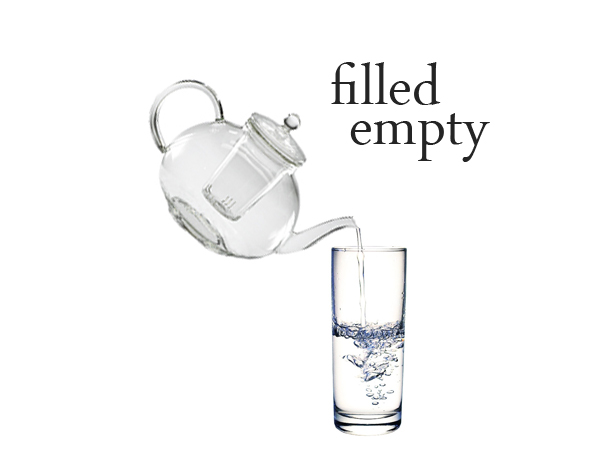
"When the prison doors are opened, the real dragon will fly out."
- Ho Chi Minh
Driving through the seemingly uncoordinated districts of Vietnam, one sees the remnants of a revolutionary dystopia. A lottery ticket hustle of an adolescent, the burnt red skin of a backpack-hulling Westerner, brand new Mercedes juxtaposed by a swarm of scooters, and the myriad display of counterfeit designer clothing; this is post-revolutionary Vietnam, this an apocalypse now. However, amongst the fruits of doi moi or (renovation) lays a creature that is becoming formidable to Western liberal capitalism.
Historically speaking, Vietnam is a nation that has risen from the excrement of two colonial powers, creating an indigenous resistance that squashed its opposition through unconventional tactics. Nevertheless, with an organic revolutionary spirit, guided by the hammer and sickle, comes to what the Jacques Lacan would refer to as Vietnam’s big Other, the bureaucratization of the proletariat. Either way, the questionable reality of a dying revolution is what agency will Vietnam acquire after the rice fields have dried up, the last forest burnt down, the below poverty income is too much, and another free trade agreement disenfranchising the people?
The Dragon has flown out and the affects of doi moi has created a new a beast that emulates Singapore’s authoritarian capitalist with the extreme privatization that makes any Western liberal capitalist eyes light up like the napalm that scorched the land. On the recent trip to Ho Chi Minh City, one can’t stop but notice the renovation that’s being conducted; however, upon further investigation there seems to be something off. It seemed that the majority of the construction conducted was privatized and from foreign countries. This is something that can’t even be fathomed even in the U.S. for most road projects are run on a state-level conducted through the Department of Transportation and it would be blasphemy to have the taxpayer’s hard-earned money going to some private company (of course banks and car companies are an exception).
Nevertheless, in a somewhat paradoxical manner, the liberalization of capitalism is far more unhinged then its Western counterparts. With an estimated $600 million USD contract with France’s Vinci Construction, Vietnam is building an 11km stretch that will consist of two tunnels, three bridges, and expansion of the already built corridor connecting from Hanoi to Ho Chi Minh City1. With almost a quarter of a million multinational corporations investing2 and further privatization in the agricultural sector3, the vision of an agrarian reform isn’t quite what Uncle Ho expected (but neither was his request for the remains of his body4).
Interestingly enough, the agency in which one would seek in modern day Vietnam is one that is overshadowed by the necessity of the bourgeois or in this context, the governing few. Of course, with progress in being one of Asia’s fast growing economy5, there’s no doubt that the parasitic liberal capitalist country like the U.S. would have ulterior motives such as nuclear agreements with an old foe6.
As the materialization of socialist utopia beckons onto Vietnam, the reality of a farce is enacted on stage. The master and slave’s role are still unchanged, accumulation of wealth still exists and the tragedy of alienation comes with it. With the bourgeois construct of commodity fetishism still looming over a dying country, happiness is comfort in the material and a historical necessity is nestled into abstraction.

No comments:
Post a Comment